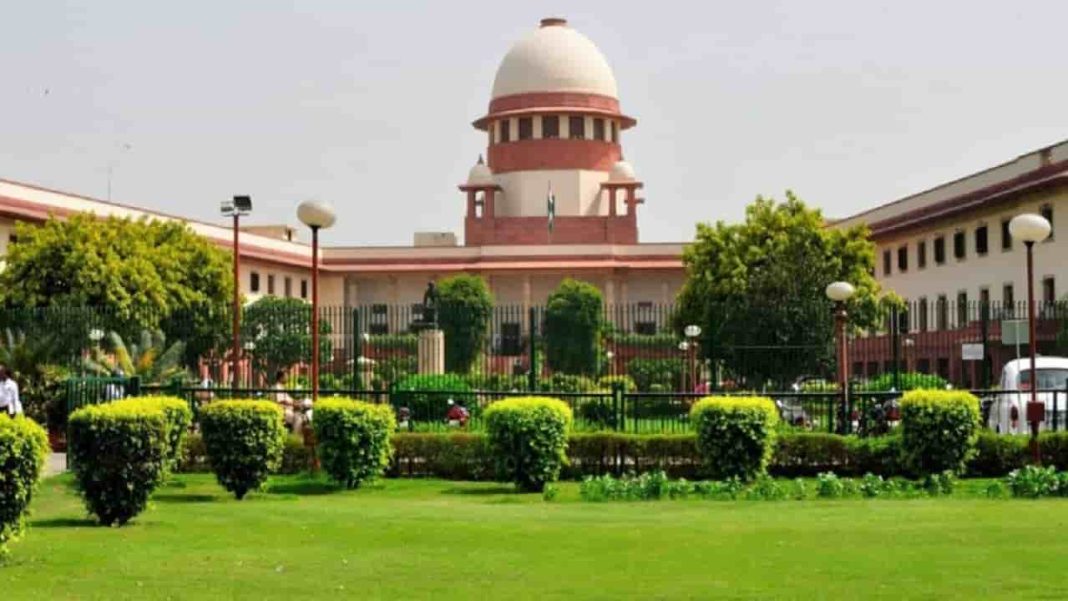The Supreme Court has reserved its judgement on a curative petition filed by the Delhi Metro Rail Corporation (DMRC) against the arbitral award of Rs 72000 crore to the Delhi Airport Metro Express Private Limited (DAMEPL).
The petition challenged the 2021 verdict of the Apex Court, which upheld the Arbitral Tribunal’s decision in favour of the DAMEPL.
The Bench of Chief Justice of India DY Chandrachud, Justice JB Pardiwala and Justice Manoj Misra on Tuesday reserved its judgement in the matter.
Appearing for DAMEPL, Senior Advocate Kapil Sibal contended that reopening the decision on an arbitral award under a curative jurisdiction would be akin to opening a Pandora’s box, considering the restricted scope of the Apex Court in a curative petition.
The Senior Counsel submitted that the Supreme Court had multiple juridictions, including Special Leave to Appeal under Article 136, appellate jurisdiction, jurisdiction under Article 32 and the powers to do complete justice under Article 142.
Curative was the last of the resort left for the aggrieved parties, he added.
Since the present matter was governed by the Arbitration and Conciliation Act of 1996 (Act of 1996), the challenge to the award should be limited to the contours as defined by Sections 34 and 37 of the Act, he pointed out.
Sibal said that this was neither a case of corruption or fraud, nor against the fundamental policies of India. Besides, this is not a case qua morality or justice, but of patent illegality.
He argued that the Tribunal’s award was challenged under Section 34 of the Act of 1996, set aside under Section 37 and restored under Article 136 by the Apex Court.
As per Sibal, the contours of Article 136 of the Constitution were that a matter may be interfered with when the parameters of the statute were not followed, or where manifest injustice has been done by virtue of the judgement rendered under 37.
He said since such a parameter has been exhausted under the Court’s jurisdiction in light of Article 136, the matter cannot be further challenged under curative jurisdiction. The appeal was exhausted by virtue of the Court’s ruling under Article 136 Jurisdiction, added the Senior Advocate.
Taking note of the arguments, the CJI observed that in a situation where the Division Bench of the High Court interfered with an order under 34 on the ground that the yardstick of 34 was not correctly applied by the single judge, the High Court would therefore set aside the order.
Sibal answered that if the Court decided to lay down that manifest injustice would be decided upon the facts of each case under curative jurisdiction, that would lead to opening the pandora’s box.


